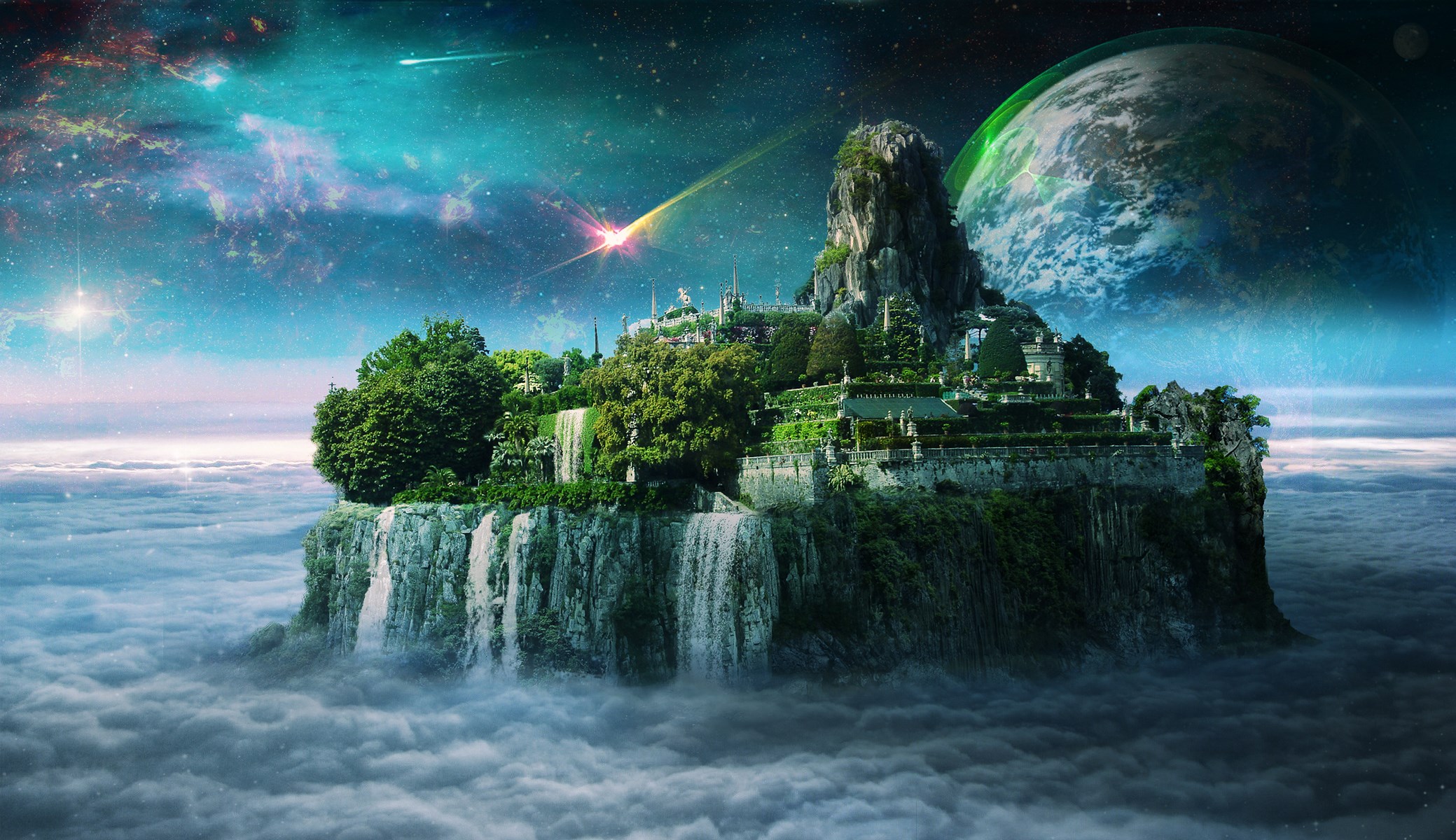
Islands Batam Traveling Wrinkled Mysterious Isolation Island
Island of Isolation: How Does Geographic Isolation Foster Unique Culture and Species?
Most people, or almost everyone, know that the earth is abundantly rich, its wealth is immeasurable and endless, among these riches is the vastness of continents and oceans. The earth is also home to around billions of humans, living dispersedly across various geographical locations, thus resulting in a multitude of ethnicities and cultures. However, with such dispersal, geographic isolation often occurs due to spatial constraints caused by geographical boundaries such as mountains, valleys, lakes, deserts, vast oceans, and so on.
Geographic isolation becomes an interesting and influential phenomenon where geographical isolation plays a major role in the process of cultural and biological evolution, resulting in unique cultural richness and biodiversity. Generally, isolation occurs naturally and can happen on various scales, from remote islands in the ocean to scattered settlements made by communities on the islands they encounter. The question arises: how can different species thrive within it? This happens because several factors, one of which is that if two populations are isolated for a long enough time, they can undergo different genetic changes, thus sometimes leading to noticeable species differences.
Not only does geographic isolation affect genetics, but it also affects cultural diversity. Isolated communities create their culture based on their environmental conditions, adapting to their needs and serving as a reason for them to survive. Geographic isolation can create conditions where these groups can develop their language, customs, beliefs, and traditions without much influence from the outside world, mainly due to their difficulties in accessing technology, thus isolated communities tend to preserve their cultural uniqueness due to minimal interaction with other cultures.
Here, an example of an island that has long maintained its culture to this day will be included. For example, the island of Java in Indonesia has a long history of its rich and unique culture, geographic isolation from neighboring islands has allowed for the development of different languages, arts, and traditions from the capital islands of Indonesia. The people of Java still maintain their ancient traditions, such as traditional ceremonies and wayang puppet performances.
Furthermore, geographic isolation also impacts environmental preservation. Isolated islands often become sanctuaries for vulnerable endemic species that are susceptible to human disturbances and environmental changes, their existence is partly endangered due to illegal hunting by some irresponsible individuals under the pretext of personal interests, thus many wild animals take refuge in isolated geographic settlements.
However, on the other side of species uniqueness and cultural diversity, geographic isolation can also pose challenges for remote islands. Limited natural resources and accessibility can hinder economic growth and the welfare of communities, one of which is the difficulty in providing food and clean water for its inhabitants due to limited land and natural resources as well as the lack of healthcare and education benefits for them. Therefore, understanding the role of geographic isolation in environmental preservation is crucial for global conservation efforts.
Geographic isolation does not always produce beneficial cultural diversity or species, sometimes isolation can limit and become a barrier to access resources and opportunities for cultural or genetic exchange, thus hindering the development of communities or species. For example, very small and isolated islands may have very limited species populations, which may increase the risk of extinction due to environmental changes or other external factors and also pose challenges for long-term survival.
Given that technology is now increasingly advanced and developing, geographic isolation becomes a factor that is considered less significant in shaping culture and species development, global connectivity and modern technology allow for more free cultural interactions and other genetic flows that are easier than ever before. Thus, remote islands that were previously isolated are now becoming more connected with the more advanced outside environment, thus changing the dynamics of culture and evolution in the future.
Migration is also an important factor in the development of culture and species evolution from geographically isolated communities. The migration of humans or other species from one region to another brings changes in their culture and genetics that can change the dynamics of local populations and environments.
Thus, it is not wrong if we continue to preserve the authenticity of its culture, values, and species uniqueness that represent the richness of life on our planet, geographic isolation has played a significant role in participating in shaping cultural diversity and life on remote islands worldwide, its impact may diminish over time with the influence of technological advancements and globalization.
However, it is important for us to recognize the important values of cultural diversity and life produced by geographic isolation, as well as the challenges faced by communities and species living in isolated environments, by understanding the role of geographic isolation, we can appreciate their cultural uniqueness and learn from the challenges and opportunities it offers for life on our diverse planet.
By: Nasifa Aina Rahma Putri
Write and Win: Participate in Creative writing Contest & International Essay Contest and win fabulous prizes.


